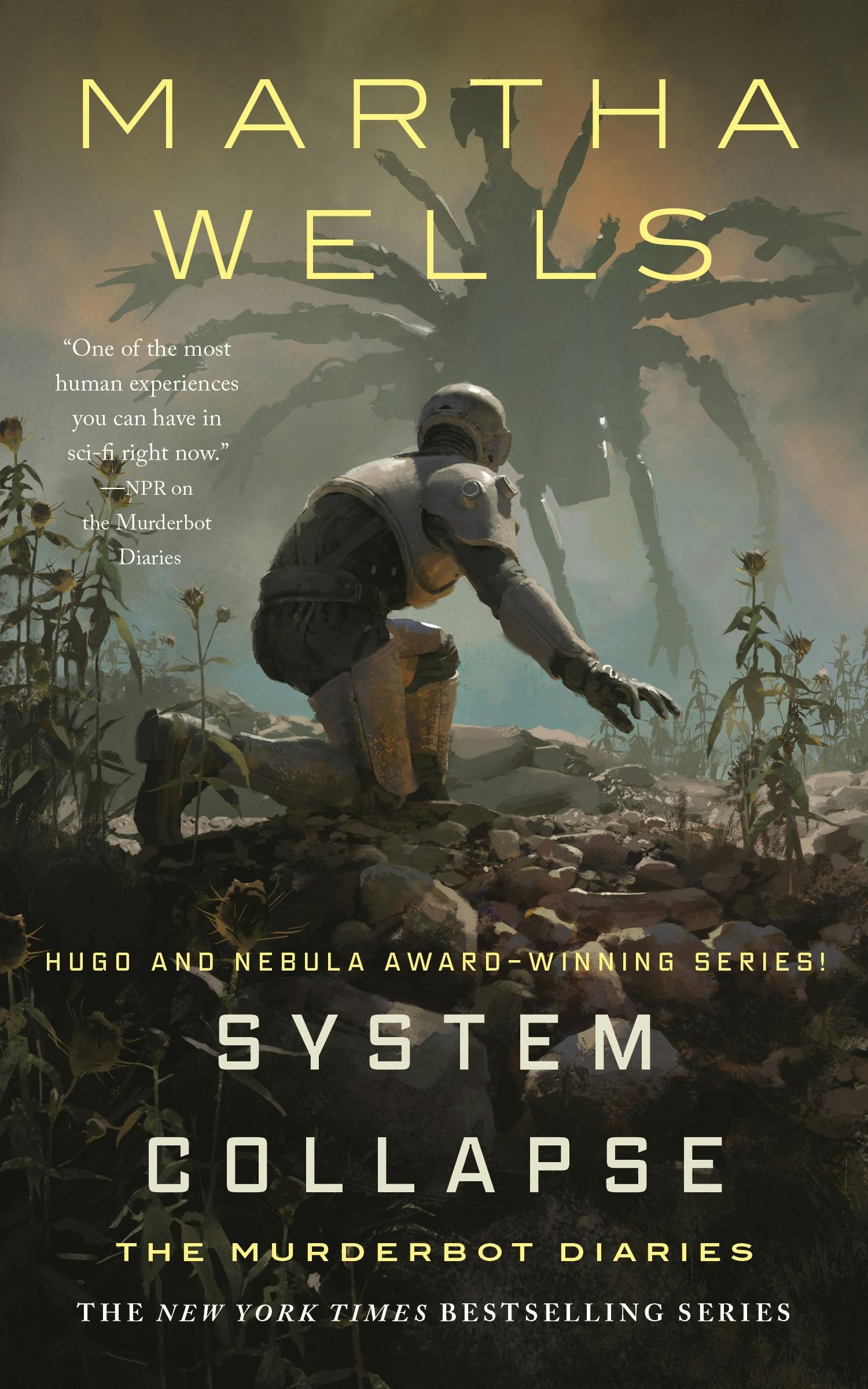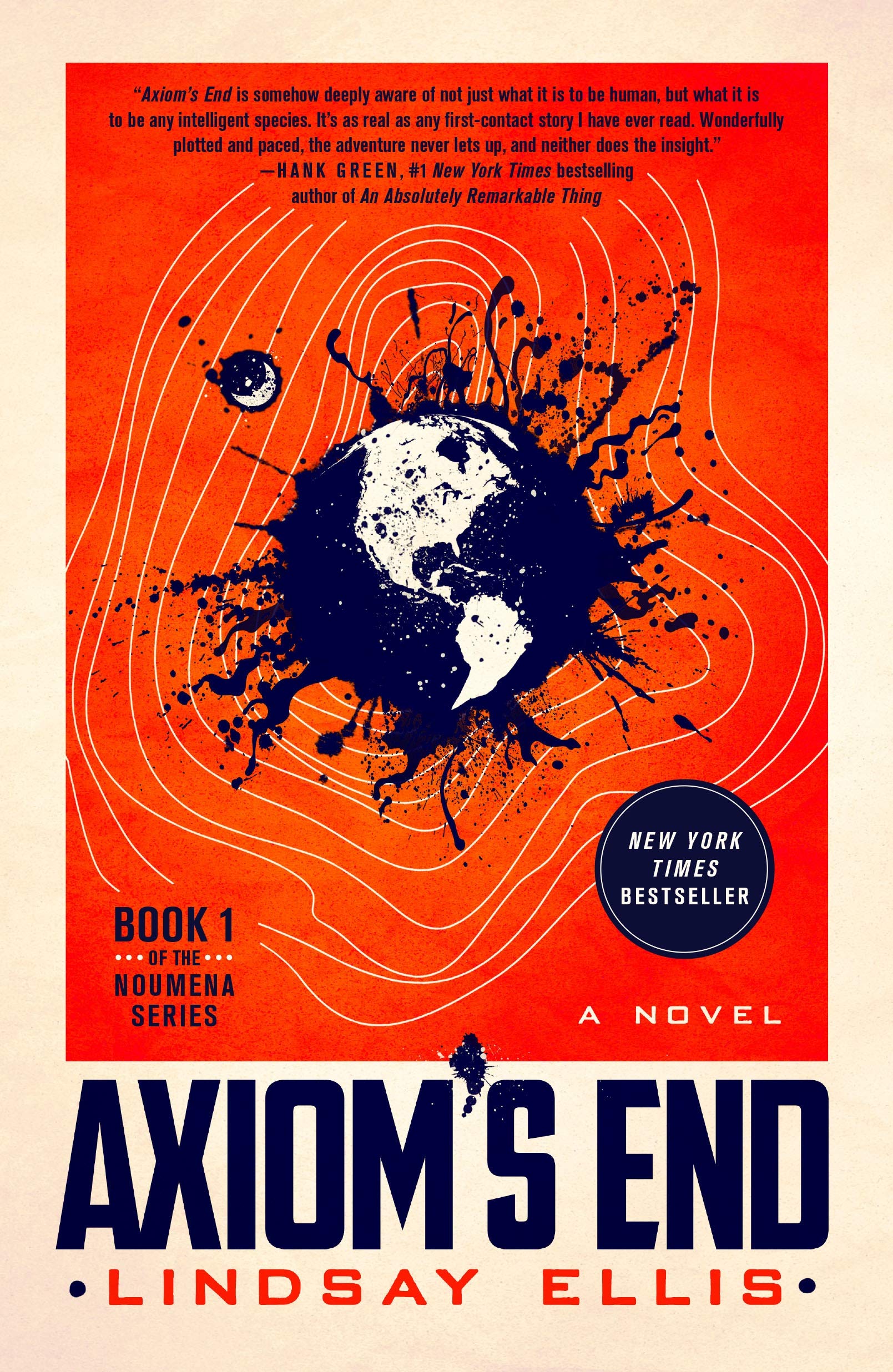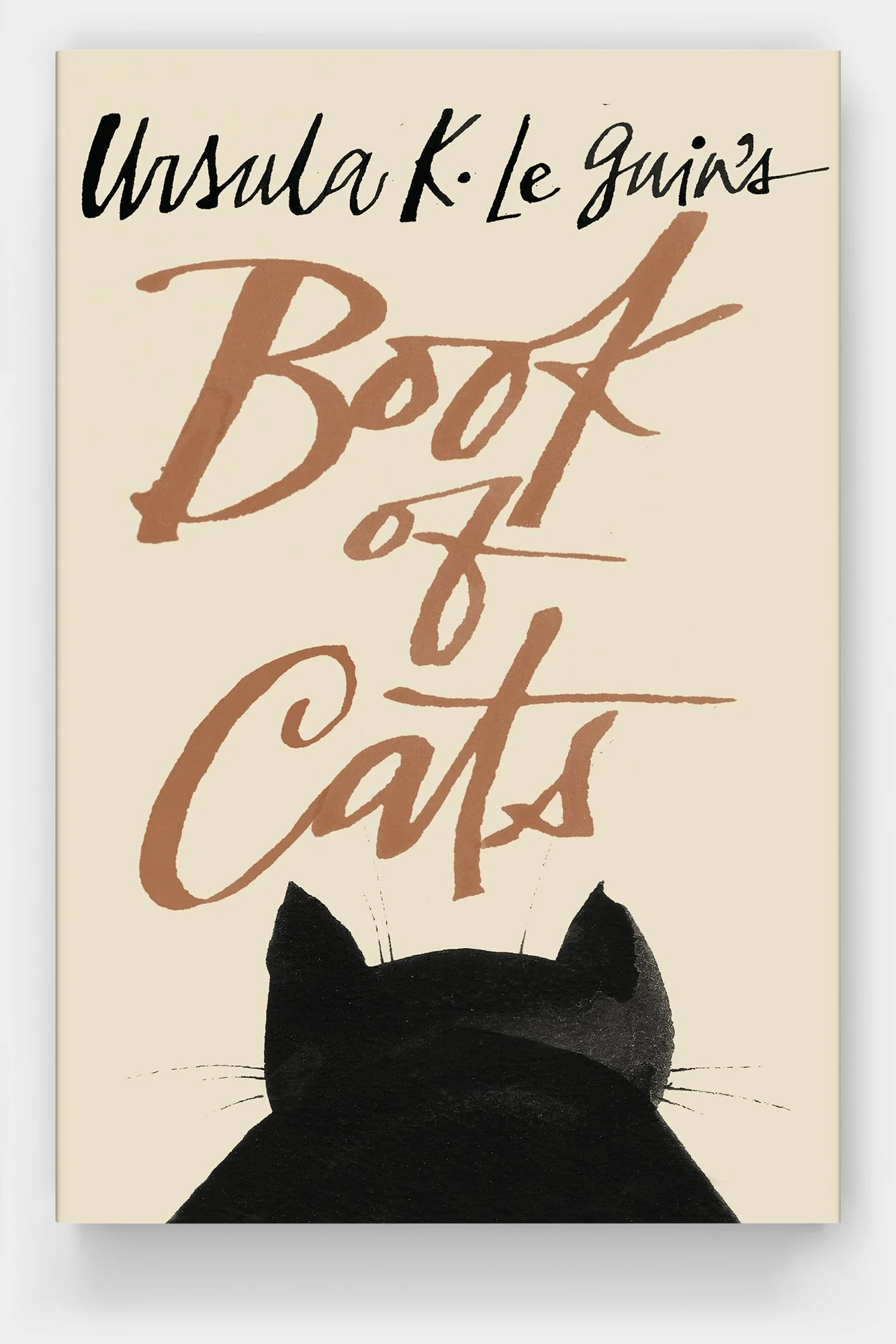User Profile
Book blogger and reviewer who is not terribly good at knowing what to put in bios for social media profiles. (he/him)
Mastodon: mastodon.social/@eric_hendel Website: erichendel.blogspot.com/
This link opens in a pop-up window
Eric's books
2026 Reading Goal
14% complete! Eric has read 4 of 28 books.
User Activity
RSS feed Back
Eric finished reading Ursula K. Le Guin’s Book of Cats
Eric started reading Ursula K. Le Guin’s Book of Cats
Eric started reading Witch King by Martha Wells

Witch King by Martha Wells
Witch King is a 2023 fantasy novel by Martha Wells. It is the author's first fantasy novel in almost ten …

Piranesi by Susanna Clarke
From the New York Times bestselling author of Jonathan Strange & Mr. Norrell, an intoxicating, hypnotic new novel set …
Eric finished reading Piranesi by Susanna Clarke

Piranesi by Susanna Clarke
From the New York Times bestselling author of Jonathan Strange & Mr. Norrell, an intoxicating, hypnotic new novel set …
Eric started reading Piranesi by Susanna Clarke

Piranesi by Susanna Clarke
From the New York Times bestselling author of Jonathan Strange & Mr. Norrell, an intoxicating, hypnotic new novel set …
Eric rated The River Has Roots: 5 stars

The River Has Roots by Amal El-Mohtar
“Oh what is stronger than a death? Two sisters singing with one breath.”
In the small town of Thistleford, …
Eric finished reading The River Has Roots by Amal El-Mohtar

The River Has Roots by Amal El-Mohtar
“Oh what is stronger than a death? Two sisters singing with one breath.”
In the small town of Thistleford, …
Eric started reading The River Has Roots by Amal El-Mohtar

The River Has Roots by Amal El-Mohtar
“Oh what is stronger than a death? Two sisters singing with one breath.”
In the small town of Thistleford, …
Eric rated The Practice, the Horizon, and the Chain: 5 stars

The Practice, the Horizon, and the Chain by Sofia Samatar
The boy was raised as one of the Chained, condemned to toil in the bowels of a mining ship out …
Eric finished reading The Practice, the Horizon, and the Chain by Sofia Samatar

The Practice, the Horizon, and the Chain by Sofia Samatar
The boy was raised as one of the Chained, condemned to toil in the bowels of a mining ship out …
Eric started reading The Practice, the Horizon, and the Chain by Sofia Samatar

The Practice, the Horizon, and the Chain by Sofia Samatar
The boy was raised as one of the Chained, condemned to toil in the bowels of a mining ship out …
Eric set a goal to read 28 books in 2026
Eric finished reading System Collapse by Martha Wells (The Murderbot Diaries, #7)

System Collapse by Martha Wells (The Murderbot Diaries, #7)
Everyone’s favorite lethal SecUnit is back in the next installment in Martha Wells’s bestselling and award-winning Murderbot Diaries series.
…




